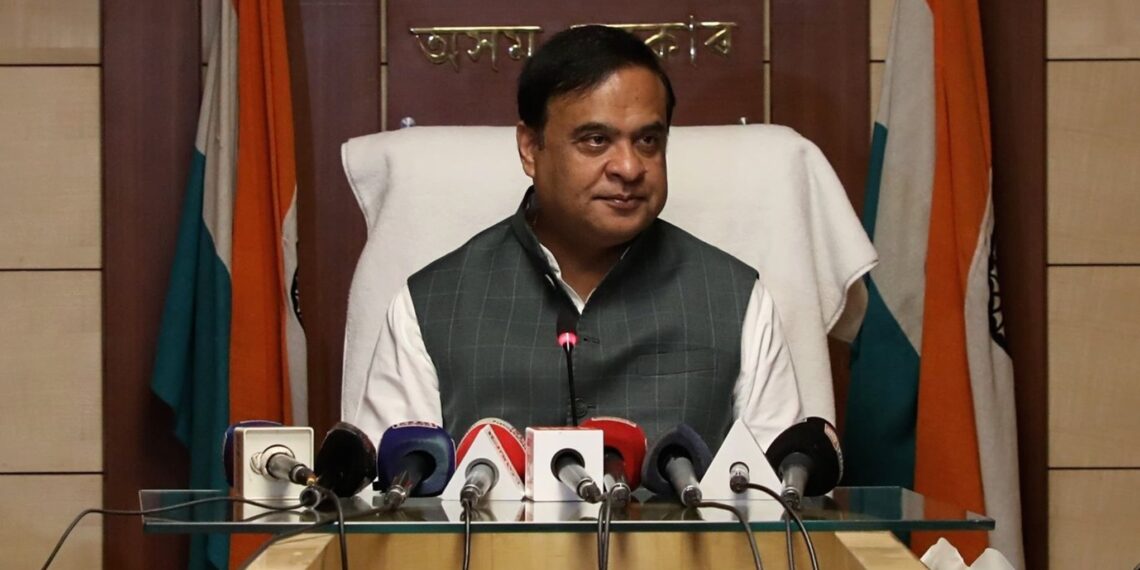Guwahati: Assam Chief Minister Himanta Biswa Sarma on Wednesday welcomed the Centre’s decision to include caste enumeration in the upcoming national census, stating that it will serve as a significant step toward acknowledging the distinct identity of the state’s indigenous Muslim communities.
Speaking on the sidelines of a World Environment Day event in Guwahati, Sarma noted that several Muslim communities in both the Brahmaputra and Barak valleys have long called for recognition of their ethnic and cultural uniqueness through a formal caste census.
“This decision has the potential to validate their long-standing demand for recognition beyond broad religious categories. It will help affirm their indigenous status and unique socio-cultural identity within Assam,” the chief minister said.
Communities such as the Goria, Moria, Deshi, Syed, and Julha (Jolha) Muslims in the Brahmaputra Valley, as well as the Kiren and Maimal Muslims in the Barak Valley, have consistently emphasised their distinct heritage.
While sharing the Islamic faith, they have pointed to their unique language, traditions, and ancestral roots that differentiate them from migrant or non-indigenous Muslim groups, Sarma explained.
He further reiterated that the Assam government had already begun preparatory work to carry out a state-level caste census focused on identifying and documenting these native Muslim communities.
“Their dialects, customs, and oral histories are deeply embedded in Assam’s cultural fabric, and the caste enumeration will help preserve that legacy,” he added.
The Centre had recently confirmed that India’s 16th Census, slated for 2027, will include caste-based data collection.
ALSO READ: IASST, ASTEC host state-level World Environment Day celebration in Guwahati
The decision follows a recommendation made by the Cabinet Committee on Political Affairs (CCPA) on April 30.
Meanwhile, calls for a nationwide caste census have gained momentum, especially from opposition parties such as the Congress.
Several states—including Bihar, Telangana, and Karnataka—have already carried out their own caste surveys, making it a key issue in recent electoral campaigns.















